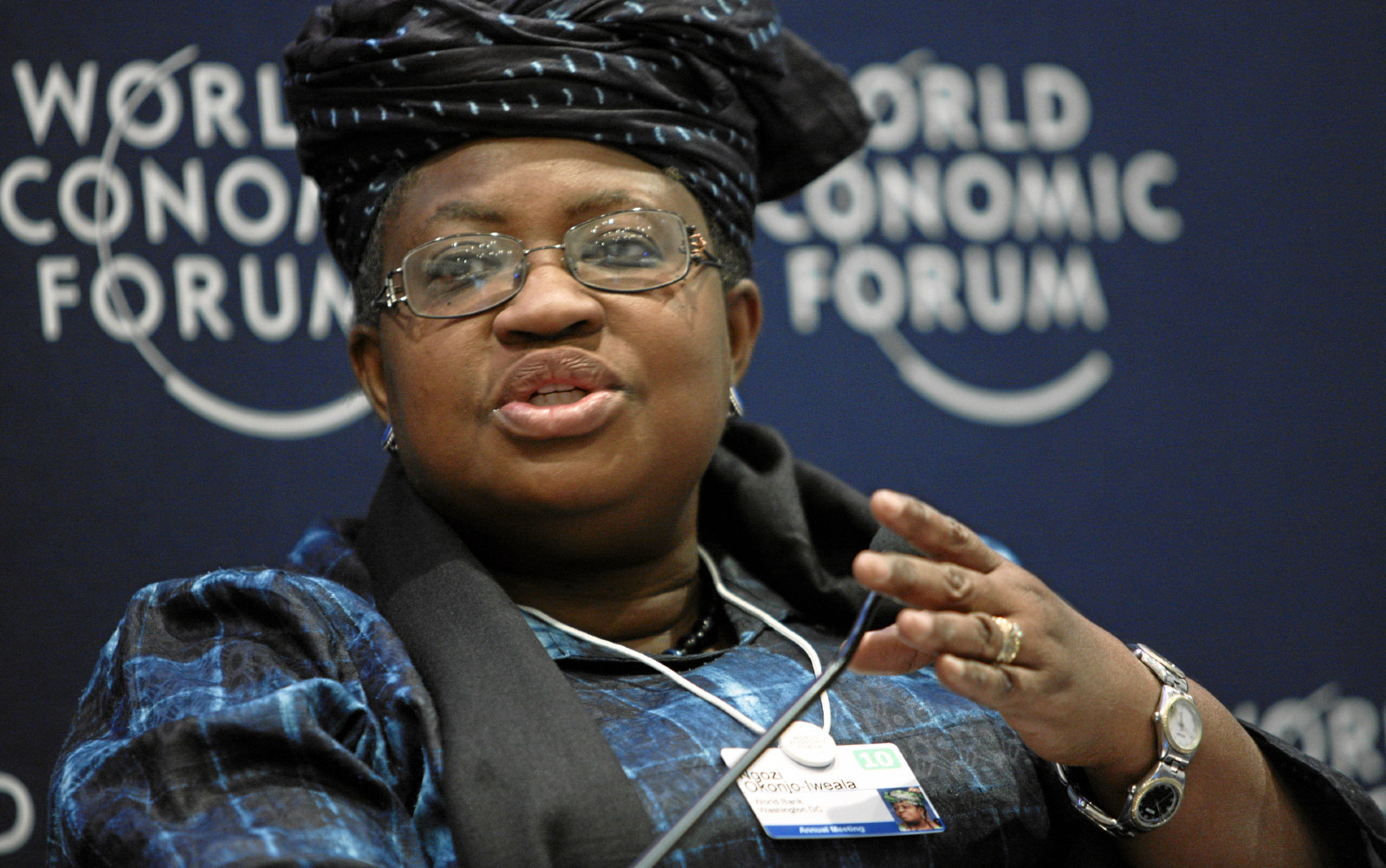What to expect from the WTO’s new director-general

Ngozi Okonjo-Iweala’s World Trade Organization: In a year of travel and trade disruptions, the World Trade Organization’s (WTO) role has been increasingly scrutinized. Many have questioned whether the organization can remain effective amid a rise in protectionism (most recently manifested in the vaccine protectionism hampering global rollouts) and the increasing weaponization of trade by the world’s two most powerful countries. Created in 1995 to oversee trade rules among nations, the WTO suffered a crisis of leadership after its director-general, Roberto Azavedo, stepped down last year, leaving the organization leaderless — until the election of Joe Biden to the US presidency paved the way for the appointment of Nigerian economist Ngozi Okonjo-Iweala in February.
New face, new life? Okonjo-Iweala is the first woman, and first African, to head the WTO, and her appointment was heralded by some as a chance to breathe new life into the organization. With all eyes on her as she takes the helm, key issues she is expected to move on include:
#1 – Getting the appellate body back on track: The WTO’s dispute settlement system has been paralyzed since the Trump administration vetoed the appointment of new members to its vacant seats, claiming that the seven-member body’s rulings are routinely harmful to US interests. “A refreshed WTO must find solutions to the stalemate on disputes settlement,” Okonjo-Iweala said during a speech at a conference before her appointment.
A key goal will be appointing new adjudicators so it can accept new appeals and issue legally binding decisions on international trade disputes. Though Trump’s is not the only US administration, historically speaking, to have blocked appointments to the appellate body, the Biden administration may prove more amenable to a compromise. Okonjo-Iweala has also referenced “updating the rulebook” for the body, which may imply that she intends to change the mechanism whereby one country can block the functioning of the dispute settlement process altogether.
#2- Holding China to account: China’s refusal to adhere to some requirements of the WTO (which it joined in 2001) has been a sore spot for members, particularly the US, whose representatives have claimed the WTO has let China get away with intellectual property theft when it comes to US tech. China’s high tariffs and other non-tariff barriers have meant that some sectors of the economy are still insulated from international trade and competition, contravening WTO rules.
Okonjo-Iweala has implied that she will be taking a softer approach than some would hope on China’s non-compliance, saying that she will ensure all members feel their balance of rights and obligations are fair, implying she doesn’t plan to push very hard on China to adhere to the WTO’s policies. On curbing sanctions between the US and China, Okonjo-Iweala said, “it is very clear that both the US and China have been helped by the multilateral trading system in the past,” and that her approach will involve reminding both sides of shared trade benefits and listening to China’s grievances.
#3- Ensuring the unhindered movement of vaccines and medicines: As the former chairperson of vaccine alliance Gavi, ensuring the movement of vaccines and medicines will be one of Okonjo-Iweala’s top priorities. “In the longer term we have to make sure we have an open, flexible trading system that allows imports or exports of these medicines and medical supplies and vaccines to countries that cannot manufacture them,” she said. In another sense, helping economies bounce back from the effects of covid-19 by using trade as an instrument of economic recovery is also on Okonjo-Iweala’s roster.